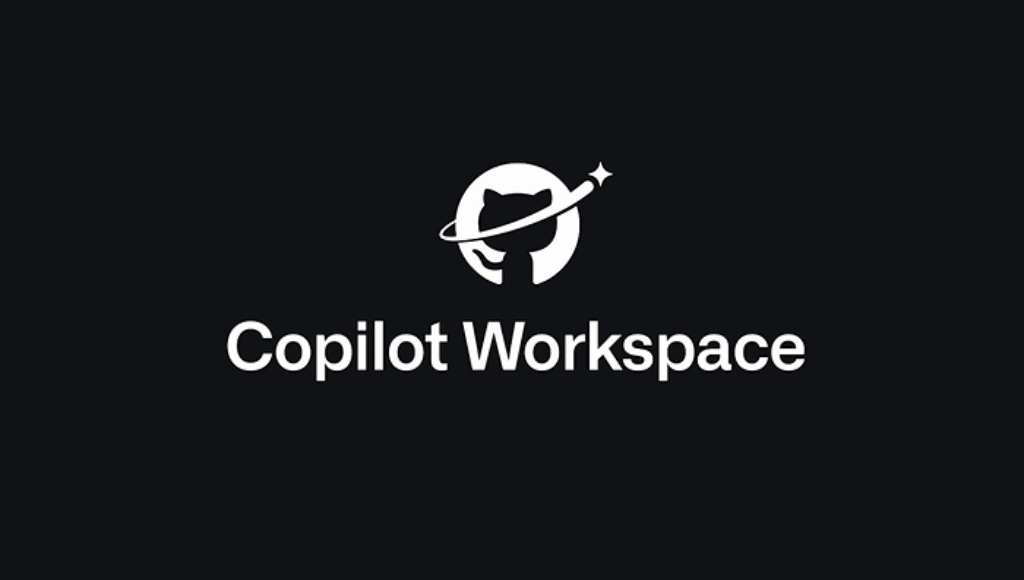The PostgreSQL Global Development Group has unveiled the highly-anticipated release of PostgreSQL 16, ushering in a new era of excellence in database management. This milestone not only sets new benchmarks for data replication, system monitoring, and performance optimization but also solidifies EDB’s position as a leading contributor to PostgreSQL code. In this article, we’ll explore four key features that make PostgreSQL 16 a game-changer for the community and developers alike.
Privilege Administration Revamped
In PostgreSQL 16, a significant transformation has taken place in privilege administration. Previous versions often necessitated superuser accounts for various administrative tasks, which proved cumbersome in larger organizations with multiple administrators. PostgreSQL 16 addresses this challenge by introducing a groundbreaking change – users can now grant privileges in roles only if they possess the ADMIN OPTION for those roles. This shift empowers administrators to define more granular roles and assign privileges accordingly, simplifying the management of permissions. This not only enhances security but also streamlines the overall user management experience.
Logical Replication Enhancements
Logical replication has been a versatile solution for data replication and distribution since its inclusion in PostgreSQL 10, nearly six years ago. With each release, PostgreSQL has consistently improved logical replication capabilities, and PostgreSQL 16 is no exception. This release includes essential under-the-hood improvements for performance and reliability, as well as the introduction of new and more complex architectures.
PostgreSQL 16 introduces support for logical replication from physical replication standbys, reducing the load on the primary and enabling easier geo-distribution architectures. This means that the primary can have a replica in another region, sending data to a third system in that region, thus avoiding double replication from one region to another. The new pg_log_standby_snapshot() function makes this possible.
Additional logical replication enhancements include initial table synchronization in binary format, replication without a primary key, and improved security by requiring subscription owners to have SET ROLE permissions on all tables in the replication set or be a superuser.
Performance Boosts
PostgreSQL 16 is a powerhouse when it comes to performance improvements. Enhanced query execution capabilities enable parallel execution of FULL and RIGHT JOINs, as well as the string_agg and array_agg aggregate functions. SELECT DISTINCT queries benefit from incremental sorts, resulting in improved performance. Concurrent bulk loading of data using COPY has seen substantial performance enhancements, with reported improvements of up to 300%.
This release also introduces features like caching RANGE and LIST partition lookups, aiding in bulk data loading in partitioned tables and offering better control of shared buffer usage by VACUUM and ANALYZE, ensuring your database runs more efficiently than ever.
Comprehensive Monitoring Features
PostgreSQL 16 takes database monitoring to new heights with its detailed and comprehensive monitoring features. It introduces the pg_stat_io view, offering deeper insights into the I/O activity of your PostgreSQL system. System-wide IO statistics are now just a query away, providing visibility into read, write, and extend (back-end resizing of data files) activities by different back-end types, such as VACUUM and regular client back ends.
Moreover, PostgreSQL 16 records statistics on the last sequential and index scans on tables, adds speculative lock information to the pg_locks view, and makes several improvements to wait events, making PostgreSQL monitoring more comprehensive than ever before.
In Conclusion
PostgreSQL 16 is not just an upgrade; it’s a leap forward in database technology. With its focus on privilege administration, logical replication, performance enhancements, and comprehensive monitoring, it promises to impact not only PostgreSQL users but the entire industry. EDB’s commitment to innovation and productivity is evident in this release and is further complemented by enterprise-ready capabilities in EDB Postgres Advanced Server. As PostgreSQL 16 makes its debut on EDB BigAnimal, organizations worldwide can harness its power in their preferred public cloud environments, solidifying its position as a cornerstone of modern database management.






